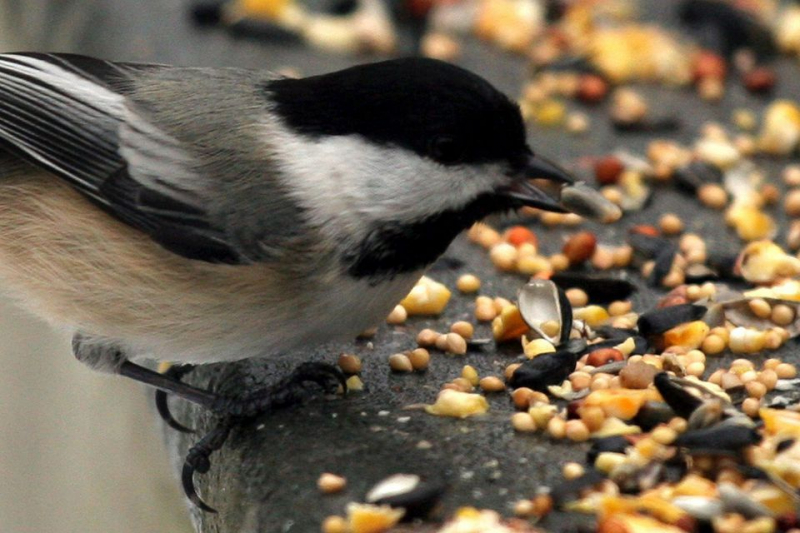What do birds eat?
In the wild, birds eat insects, worms, grubs, nectar, and seeds. Some birds eat berries, nuts, fruits, pollen, and even grasses, whilst others eat snakes, rodents, small animals, and even small birds. There are also many bird species, such as garden birds, ducks, migratory birds, and others, and each of them consumes a distinct natural diet.
Beach birds, like seagulls, consume shellfish as well, but they are also scavengers, eating food that people have dumped. Ducks and geese, for example, float on the water, dipping or diving to munch on vegetation in seas, lakes, and rivers. Others, like raptors, swoop down from the skies to grab and consume small animals like mice or rabbits. Large predatory birds, such as eagles and hawks, hunt on each other as well. Many birds, including crows, jays, and magpies, devour other birds' eggs and young. Individual bird species eat foods native to their area, but they have also evolved morphological traits that aid in food gathering. Specific birds have adapted to feasting on plants as well, including algae, lichen, grass, seeds of all kinds, and much else.
















